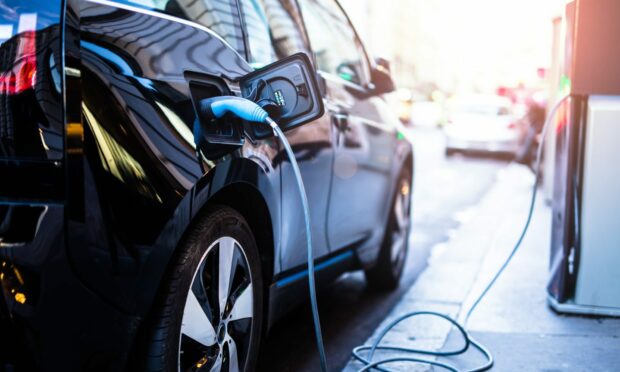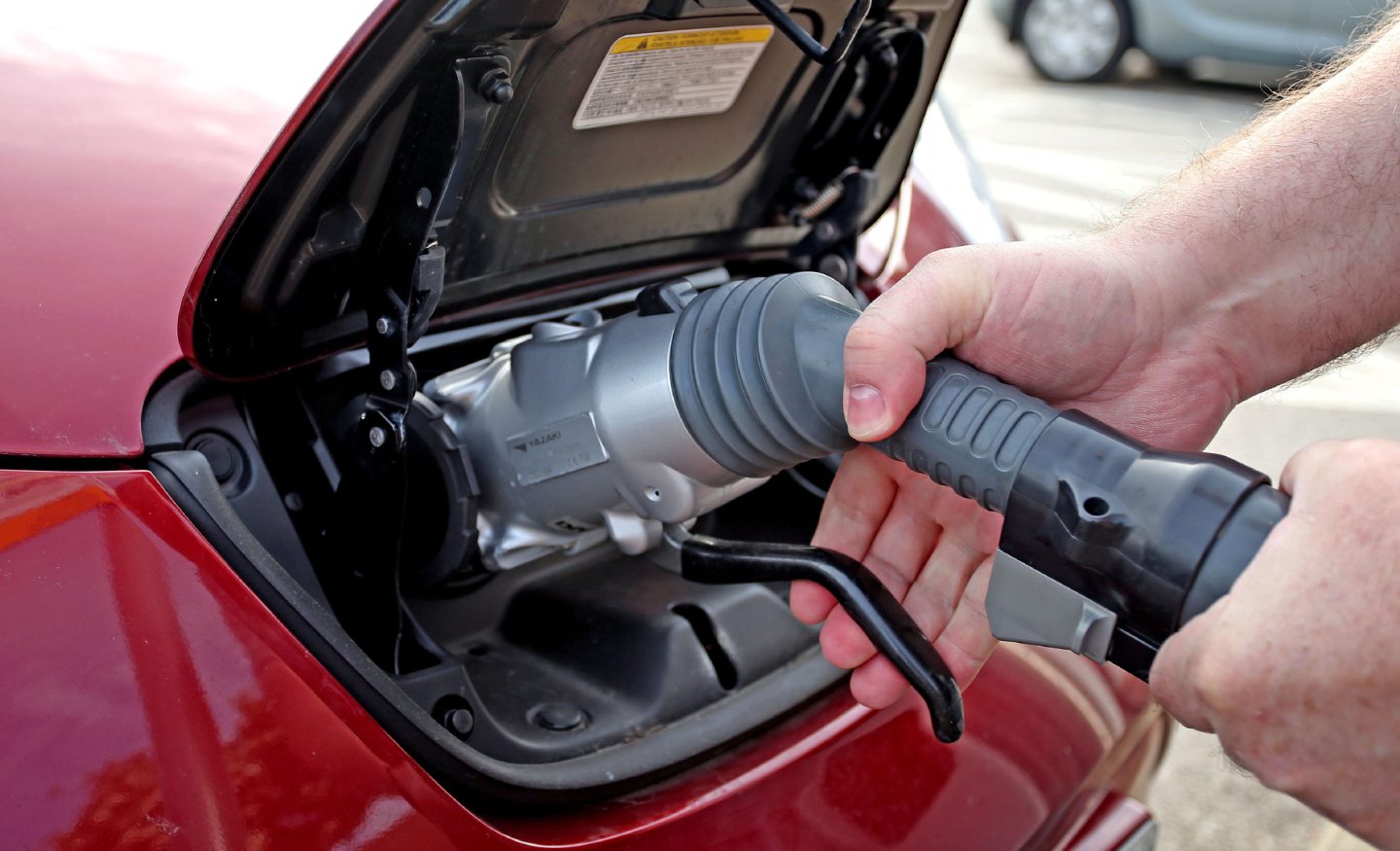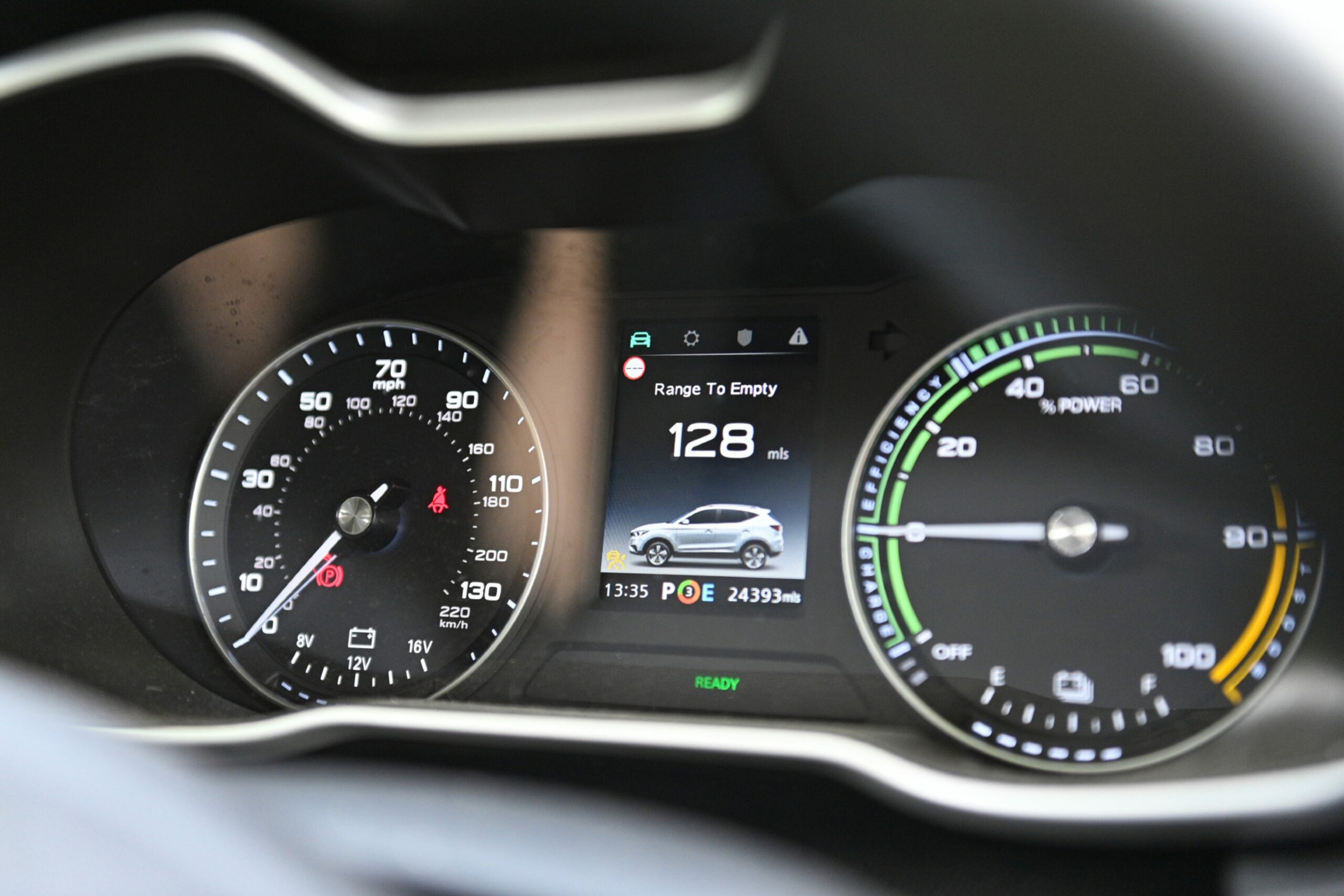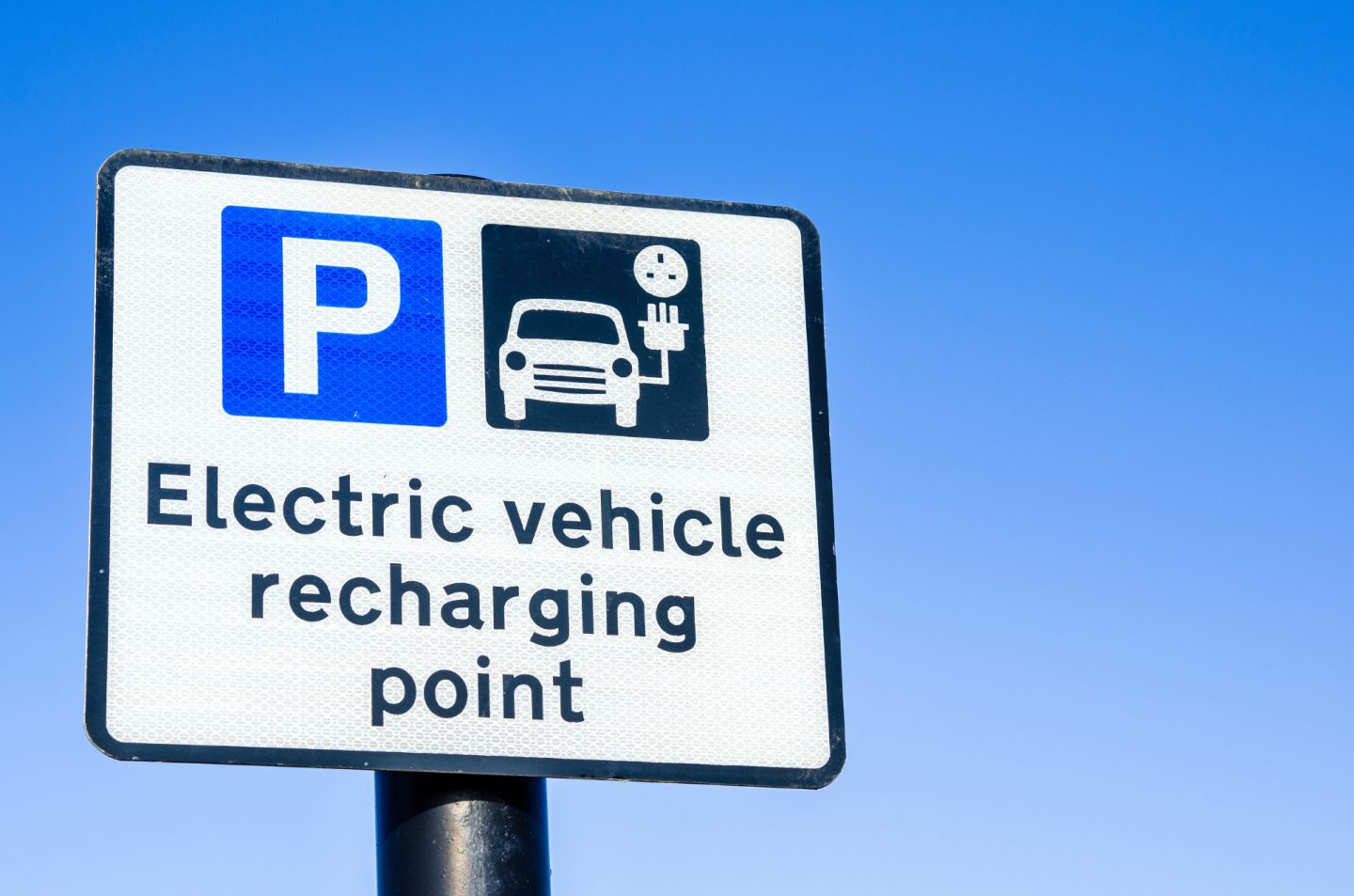Plans to make electric car owners pay road tax are ‘only fair’ according to a Highland councillor who drives one himself.
As part of the autumn statement today, chancellor Jeremy Hunt said that all electric cars will no longer be exempt from vehicle excise duty (better known as road tax) from 2025.
Mr Hunt said the move was designed to make taxes “fairer”, and bring electric vehicle (EV) owners in line with other motorists.
He said the Office for Budget Responsibility forecasts that “half of all new vehicles will be electric by 2025”.
Company car tax rates under the chancellor’s plan will remain lower for EVs than fossil fuel vehicles initially.
The change would be five years before 2030, when both UK and Scottish governments have pledged to phase out the need for new petrol and diesel cars and vans.
‘EV drivers will be disappointed, but it’s only fair’ says Highland councillor who drives an EV
Highland councillor Patrick Logue, himself an EV driver, said he thinks that although the change will hurt the wallets of his fellow electric car enthusiasts, he thinks it’s “only fair”.
The Tory councillor said: “As the EV market develops and matures it is inevitable that the policy levers to incentivise EV adoption change along with it.
“So while many EV drivers will be disappointed by this news, I think we also recognise that it is only fair for those who use the roads to make a contribution to the public purse towards their maintenance and upkeep.”
Mr Logue said he’s more worried about the impact of affordability for EV users right now and in the potential future in his region.
Earlier this month, Highland councillors considered putting the cost of fully charging an electric car on its rapid charging units from £12 to £34, but a decision was deferred.
Mr Logue said: “The more immediate affordability concern for EV drivers, and those making the switch, are around the skyrocketing costs of electricity and both the availability and reliability of our public charging network.”
Electric cars will still be ‘miles cheaper than fossil fuel competitors’ to run, says campaigner
Gavin Thomson, a transport campaigner for Friends of the Earth Scotland, said EVs will still be cheaper to run even with the road tax changes.
He said: “As it stands, electric vehicles are very expensive to buy and then extremely cheap to run.
“Many electric car drivers pay nothing to recharge, for example, while other drivers are paying more than £100 to fill their petrol tank.
“Removing the excise duty exemption will slightly increase the cost of running an electric car, but it’ll still be miles cheaper than its fossil fuel competitor.”
Mr Thomson said that his “real concern” is the up-front cost of buying an electric vehicle.
He added: “Governments need to help low-income families that need a car, for example in rural areas, to make the switch to electric.”
Aberdeen Climate Action group think electric car owners shouldn’t pay same road tax as fossil fuel-powered drivers, but acknowledges impact of EVs on our roads
Alison Stuart, director of the Aberdeen Climate Action group, said: “While we do believe that electric car owners should not pay the same road tax as those of petrol and diesel as an incentive to buy electric, electric cars still do contribute to the wear and tear of roads.
“There needs to be a big switch from car travel to active and public travel.
“It seems to us that making people pay for for how far they travel and how much carbon that uses is the best mechanism to gather money from motoring, discourage car travel, and ultimately reduce carbon emissions.”
Government ‘probably just about judged this right’ on electric car road tax says motoring group
The organisation IAM Roadsmart, formerly the Institute of Advanced Motorists, thinks that the UK government has “probably just about judged this right”, according to its policy and research director Neil Greig.
Mr Greig said: “As tax take from petrol and diesel falls, it was inevitable that EVs would have to start paying tax at some point.”
He said the price of electricity “will also have to stabilise to allow EVs to remain attractive”.







Conversation